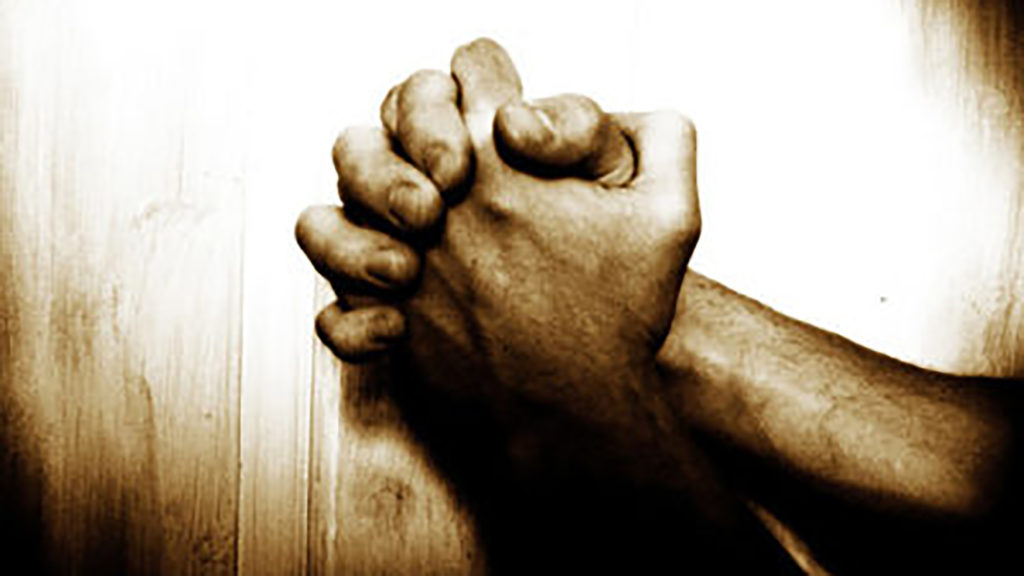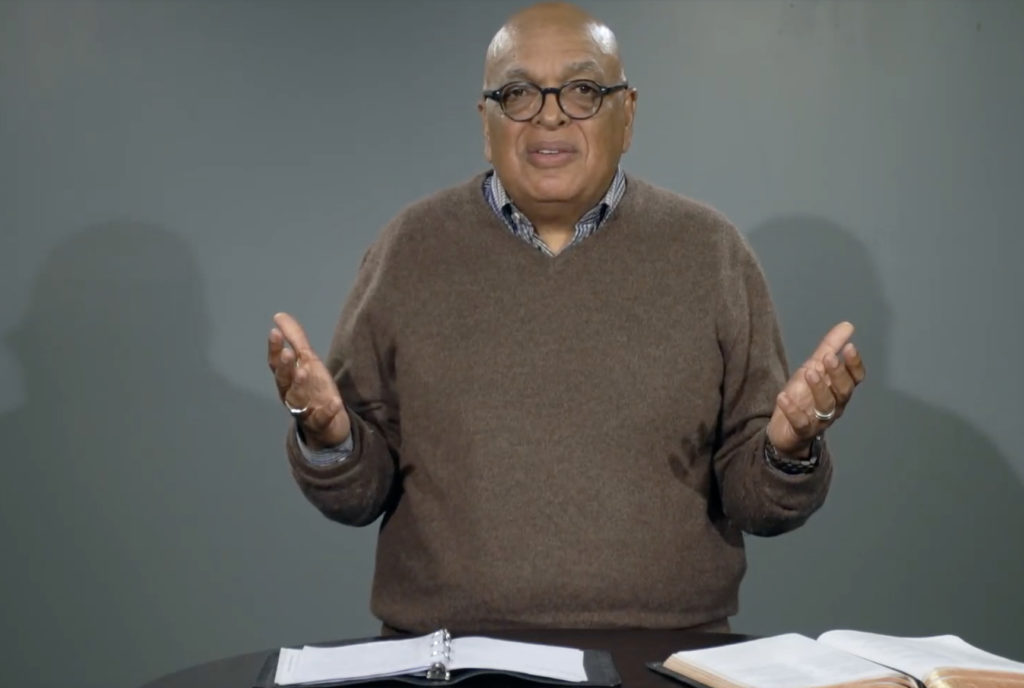Two pastors have been called “Prince of Preachers,” one on this side of the Atlantic and the other in England. Phillips Brooks (1835–1893), who spent the last 22 years of his life as the Rector of Trinity Episcopal Church in Boston, was referred to by his peers in America as “The Prince of Preachers.” Brooks wrote the Christmas carol, “Oh, Little Town of Bethlehem,” and was a great preacher and teacher of preachers. He declined a position teaching ethics at Harvard University but was for all practical purposes the university preacher.
Across the Atlantic was Charles Haddon Spurgeon (1834–1892), who spent the last 38 years of his life as the esteemed pastor of the New Park Street Baptist Church, which became known as London’s Metropolitan Tabernacle.
Spurgeon’s 6,000-seat Tabernacle was filled virtually every time Spurgeon preached. He built a school for preachers in 1856, Spurgeon’s College, which is still a center of evangelical Christian education in England. He also built an orphanage in 1867. More than 50 volumes of his sermons have been published.
There is another who should be added to the ranks of “Prince of Preachers,” and that is Wallie Amos Criswell (1909–2002). He became pastor of First Baptist Church, Dallas, in 1944. At the time of his death, combining his service as pastor, then senior pastor and finally as pastor emeritus, Criswell had served First Baptist Church, Dallas, almost 60 years.
Criswell’s homiletical and pastoral mentor was Charles Haddon Spurgeon. When most men set out to imitate another man, they inevitably imitate his weaknesses. Not so with Criswell.
He was able, through the grace of God, to learn from Spurgeon’s strengths while avoiding Spurgeon’s weaknesses. For instance, Criswell did not give young preachers following behind him the poor advice Spurgeon gave in his book, “Lectures to My Students.” Spurgeon told them not to prepare their sermons but just to write a few points on the back of an envelope during the service in which they were to preach. He failed to remind them of his great, well-read library and his photographic memory. Criswell told the young men following him over and over again to have their libraries at home, stay home in the mornings and give the best hours of each day to God, to the study of His Word and to prayer. No man ever entered the pulpit more consistently prepared than did Criswell.
Like Spurgeon, Criswell was an expositor par excellence. Like Spurgeon, Criswell also built a school for preachers, the Criswell Bible Institute, now The Criswell College.
The volumes of Criswell’s sermons would exceed by far the number of Spurgeon’s volumes were someone to publish his preaching at the church in Dallas in the same format as Spurgeon’s sermons, ad seriatim.
Like Spurgeon, Criswell was involved in doctrinal controversy. He was criticized and caricatured, vilified and attacked personally by those who do not believe in the inerrancy of the Bible as Criswell did.
Through his preaching at various conferences and conventions, Criswell helped shape the future of the Southern Baptist Convention. He was the sometimes unwilling and often unwitting helmsman who turned the Southern Baptist Ship of Zion back to the right, an almost unheard of thing among denominations in modern times.
His great address at the Southern Baptist Pastors’ Conference when the Southern Baptist Convention met in Dallas in 1985 was said by the late W.O. Vaught to have “saved the Southern Baptist Convention.” Criswell is certainly the hero of the conservatives today, as was Spurgeon in his day.
Unlike Spurgeon, who never left England and Europe, Criswell preached on most of the continents of the earth.
Because of television and radio, he preached to millions, tens of millions, perhaps hundreds of millions of people over the years.
Criswell exceeded Spurgeon in scholarship. Like Spurgeon, Criswell had a photographic memory.
He was known to quote Scripture for 15 minutes during his sermons without missing a word. On trips to the Holy Land, he gave lectures without notes, citing dates, names and events with the utmost accuracy. His intellect was balanced by an ability to communicate with oratorical skills rarely equaled.
When appropriate he could be “folksy,” giving a genuineness to what he said. He was always the gentleman. His pastoral skills were legendary.
Criswell was venerated by rich and poor, educated and uneducated, elite and common and by Jews and Catholics as well as Baptists and other evangelicals. He survived pressures at his church, which would have broken lesser men.
Through it all he kept focused on his preaching. He said with Paul, “This one thing I do.” W.A. Criswell is entitled to be known as “Prince of Preachers.” He is certainly that to me.
Criswell deemed ‘Prince of Preachers’
Related Posts

Pray for your pastor
March 7, 2021
There are so many reasons to pray for your pastor. He stands before crowds large and small who are listening.

Loritts shares 5 choices pastors should make when they’re discouraged
November 17, 2020
“Let’s face it — we’re all just one text message away, one email away, one call away from disaster or

Remember Pastor Appreciation Month
October 19, 2020
There are many ways I’ve been honored by Pastor Appreciation Month, but what really touches my heart is when someone

Is your (financial) house in order?
February 1, 2020
By Margaret Colson The Alabama Baptist As you look around your financial house, what do you see? Do you see

Share with others: